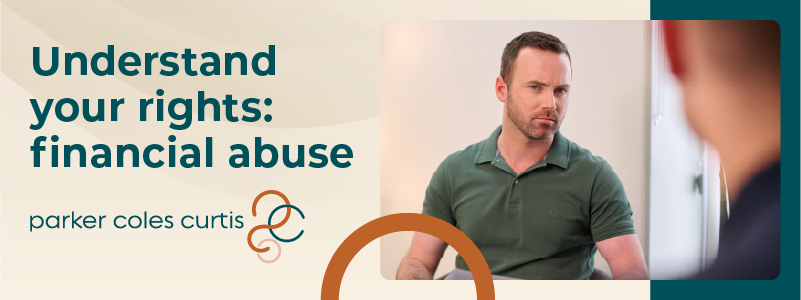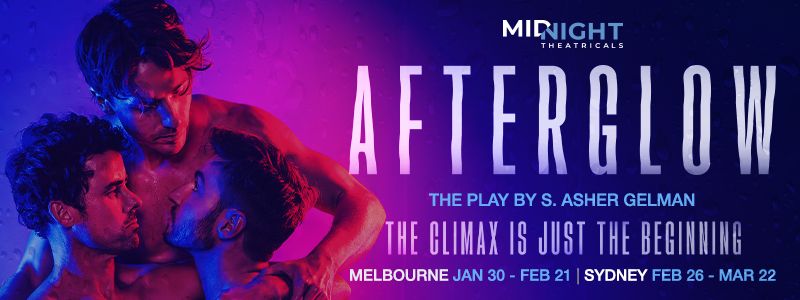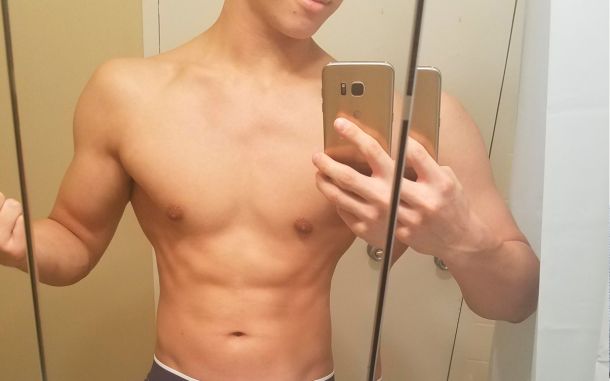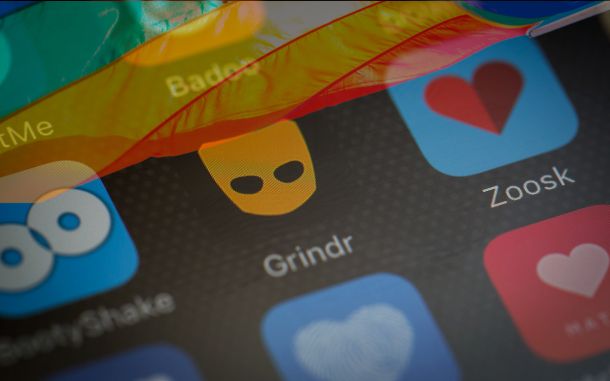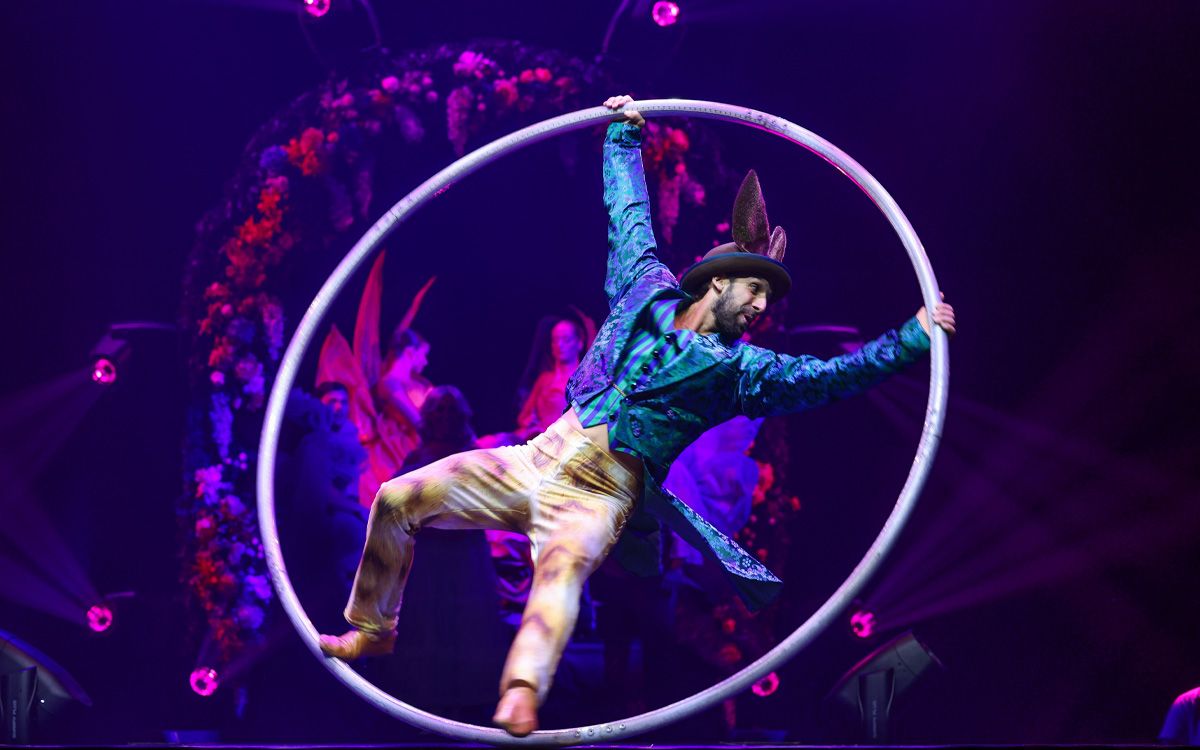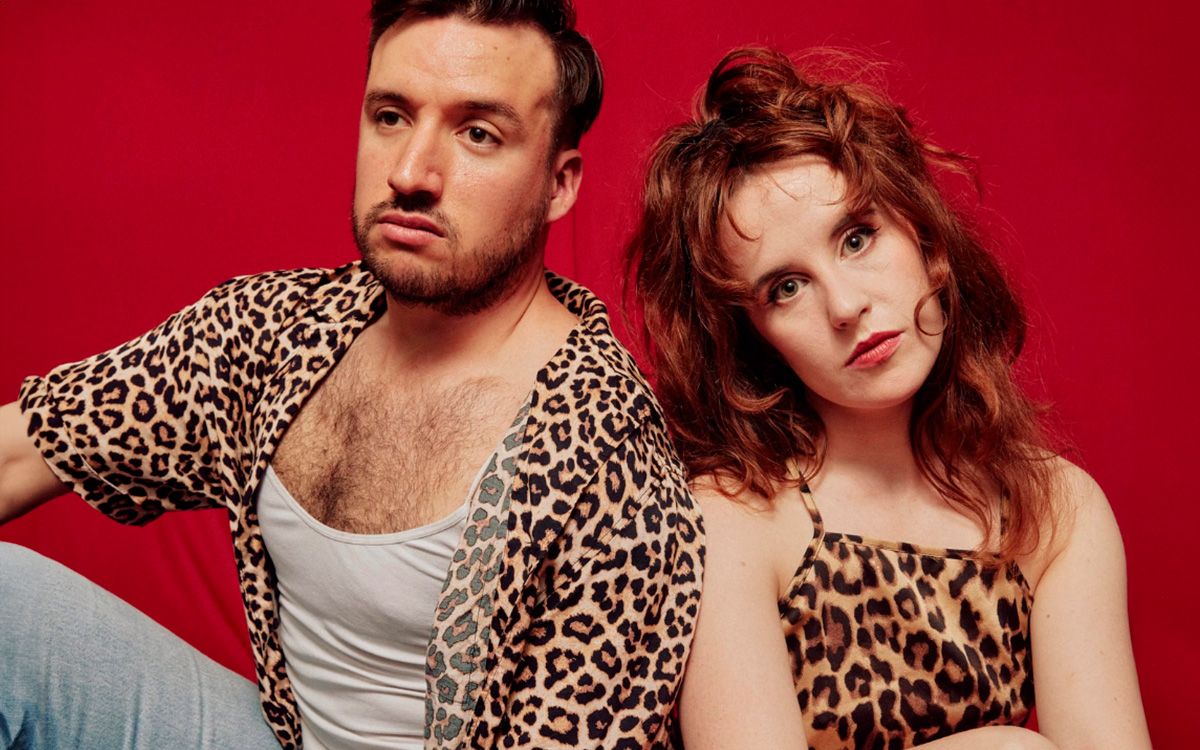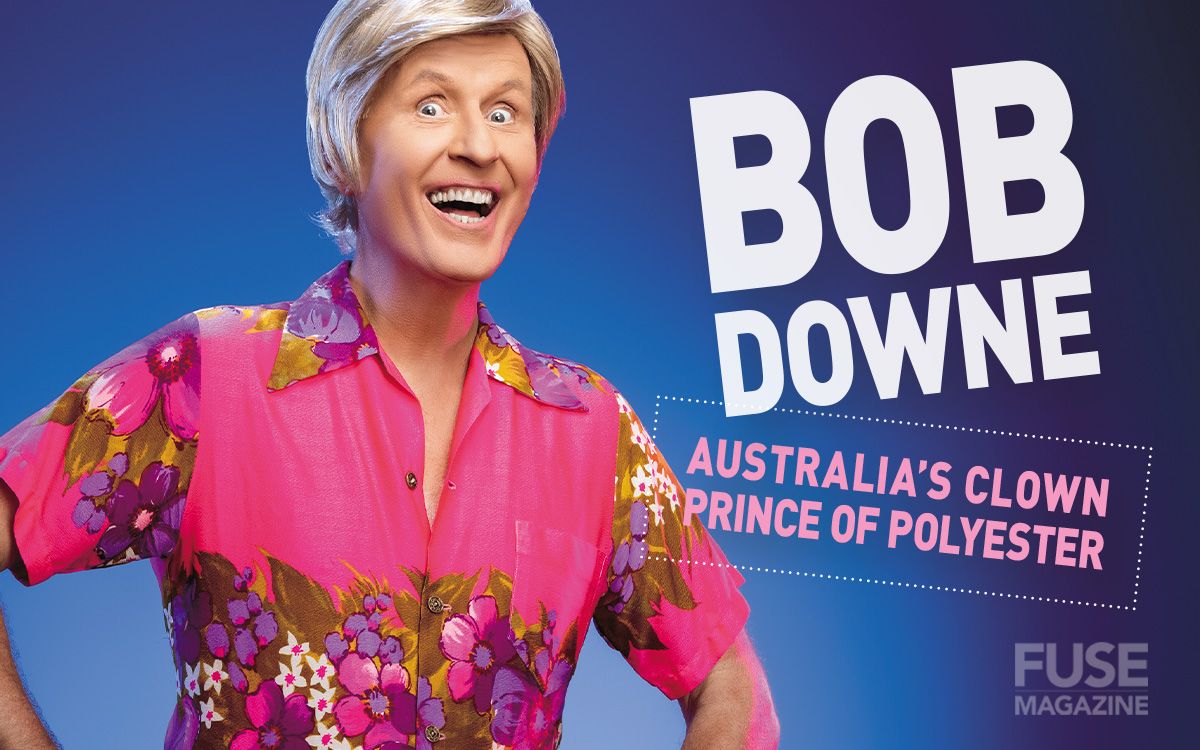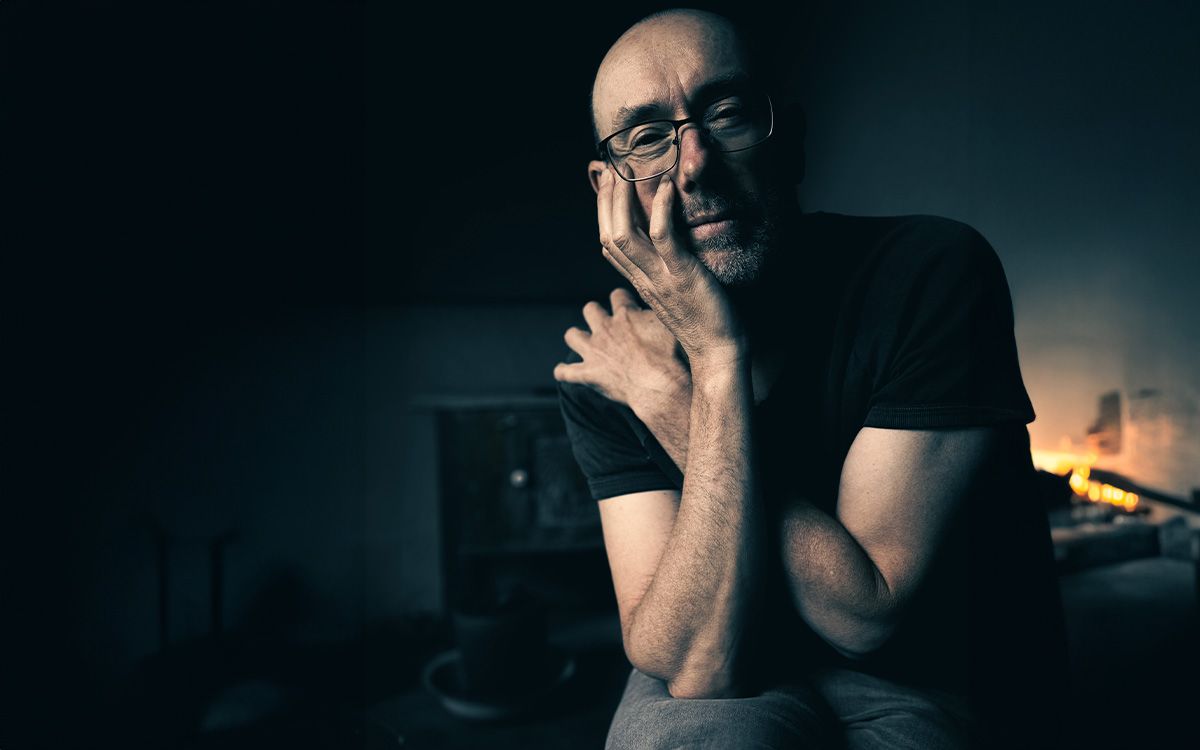Trophy Boys – An unfiltered look at modern masculinity with a twist!

Trophy Boys is an unfiltered look at modern masculinity with a twist. FUSE interviewed writer and star Emmanuelle Mattana about this hilarious and devastating story, which uses drag at its most satirical. The script is powerful and ferociously intelligent!
It’s the biggest night of Melbourne’s high school academic calendar—the Grand Finale of the Year 12 Inter-school Debating Tournament. The all-boys team from the elite St Imperium College is all set to annihilate their sister school rivals until...
Played in real-time as the St Imperium team prepares their case, ‘Trophy Boys’ is a razor-sharp queer comedy that delves into power, privilege, and high school debating. Blending satire, drag and camp, ‘Trophy Boys’ dissects the toxic masculinity, misogyny, and homophobia in elite private boys’ schools, institutions that often mold those who rise to the highest offices in the country.
Written by Emmanuelle Mattana, who also stars as Owen, ‘Trophy Boys’ has played to sellout crowds since its 2022 debut and won BroadwayWorld Australia’s Best New Play. In an exclusive interview with David Blanco from FUSE, Emmanuelle Mattana discussed this must-see production ahead of its highly anticipated Canberra season.
David Blanco (FUSE): What inspired 'Trophy Boys' and how did the idea for the play come to you?
Emmanuelle Mattana: Back in the day, I was a high school debater, and I had a complicated relationship with it. In many ways, I really loved debating because it gave me the opportunity to be the smart, political opiniated young person I was. But in other ways, I found it to be a toxic endeavor populated with a lot of private school boys and elitism, misogyny, homophobia, and racism existing in that space. So, as soon as I finished high school, I moved to Melbourne, rebranded as queer and stopped debating as I felt I’d had enough of that. When allegations of an alleged historic sexual assault emerged against Christian Porter, the Attorney General at the time it really unsettled in me in a way I couldn’t have anticipated because the alleged incident took place at a high school debating tournament. At that point, I felt compelled to say something about it, and that was where ‘Trophy Boys’ was born.
Could you share some insights into the main themes of ‘Trophy Boys’? What message do you think audiences will take away from your play?
On the surface ‘Trophy Boys’ is a critique of this country’s elite private boys’ schools and the sorts of behaviors emerging from them that we keep seeing reported in the news. This suggests that there is a real problem in the way that we are raising boys and it’s a problem not just affecting the women who are the victims the violence and misogyny coming from these schools, but it also affects boys, who are not being taught to express themselves in their rich and beautiful emotionality.
Another important theme we cover in ‘Trophy Boys’ is gender and the performance of gender. The show is performed in drag by our cast of female and non-binary performers as the schoolboy characters. Through this, the play explores how gender is ‘performed’ and how we can liberate ourselves and from the expectations we teach young people about how to perform to gender norms.
How does the choice of casting all female and non-binary performers impact ‘Trophy Boys’ exploration of gender performance and identity within an all-boys school context?
For me, what is interesting is the audience, especially female audience members, reclaiming something that has been taken from them. Watching ‘Trophy Boys,’ we are in on the joke, right? We are letting the audience laugh at this hyper-masculine behavior from a safe place. Whereas, if we encountered this behavior in another context, it may not be humorous at all, in fact it could be scary and confronting. To be able to laugh and have that release is important
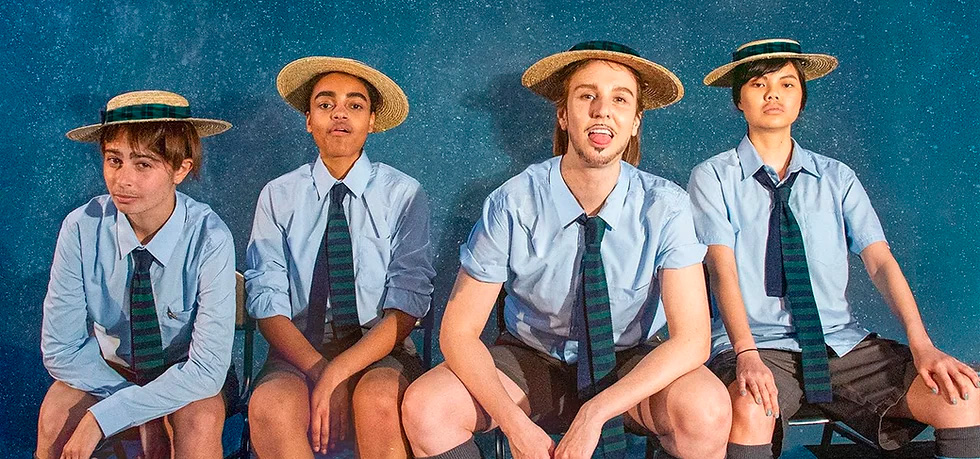
The boys debate whether feminism has failed women. How did you use their misconceptions and prejudices to create the play’s humor and thought-provoking moments?
In the first part of ‘Trophy Boys,’ much of its tension centers on the contrast between what the boys say and their actual actions. They use ‘wokeness’ as a weapon, saying all the ‘right’ things, yet still benefit from their privilege. The play uses this for comedic effect, until it takes a darker turn, delving into deeper questions.
Could you tell us about the creative process behind writing ‘The Trophy Boys’? Were there any challenges or breakthroughs that stood out for you during the play’s development?
After the Christian Porter allegations, I wrote the first twenty pages in a single day. Then I spent a year thinking ‘Oh, I’ve got to finish this thing.’ So, it was a slower process after my initial burst of writing. In the play’s second half, a twist reveals more about the characters’ actions, and I had already written up to that point. Initially, I envisioned a more dramatic second half, but to my surprise, I continued writing comedy, resulting in a comedic play. It was a challenge, but it made me realize that sometimes comedy can be effective in tackling hard subject matter.
What's been the most rewarding aspect of seeing ‘Trophy Boys’ come to life on stage from you know the initial germ of an idea through to rehearsals and now, you know, um, the acclaim it's received?
For me, the most satisfying thing has been performing the play for high schoolers and its inclusion in Victoria’s high school curriculum. We've also been doing Q&A sessions with high school students and getting direct feedback from them, which has been incredible. The play has sparked amazing conversations and so many young people, especially young women have told me that ‘Trophy Boys’ has been healing for them. It was also so rewarding to bring the play to my hometown of Sydney. Our incredible Director, Marni Mount, is a Canberra local and she’s thrilled the ‘Trophy Boys’ is playing at the Canberra Theater. We actually met at a high school debating tournament!
As an LGBTQIA+ writer, how do your firsthand experiences and identity influence your storytelling and the characters you create?
It shapes everything I do. My queerness isn't only about who I love or my gender; it's about my politics and how I exist in the world, and doing things that are radical and challenging. For me, it’s important to be able to challenge the norm.
In the current discussions we are having about gender, misogyny, and feminism, individuals who exist beyond the binary are at the forefront of challenging traditional gender norms and rejecting societal expectations and roles. They’re also leading the way in rejecting gender binaries and the roles and expectations they come with.
Much of the current discussions about toxic masculinity and societal expectations for men and women trace back to the binary ways we’ve been taught to what it is to be male or female. By challenging these norms through our queerness, I think hopefully we can start liberating everyone.
What do you hope ‘Trophy Boys’ will contribute to the ongoing conversation about LGBTQIA+ representation in the arts? Are there any issues or perspectives you aim to highlight through this work?
For me, it’s about the value that queer voices have in mainstream spaces. I think initially there was a feeling from some that this wasn't a queer work, or that queer works were only about two boys in love. I believe ‘Trophy Boys’ approaches queerness in a broader sense. The play views the world through a queer lens, emphasizing the value of queer artistry and applying that perspective to issues that affect everyone.
In your opinion, what role do plays and theatre productions have in advancing LGBTQIA+ rights and visibility? How does ‘Trophy Boys’ fit into this larger narrative?
Theatre is so exciting because it's one of the last places where we can all sit together in the dark and share the same uninterrupted experience. There’s a lot to be said about the spontaneous community created in a night at the theater that can't be replicated elsewhere. I'm really excited about what that means for LGBT representation and what it means to have a really young queer female playwright spearheading something like ‘Trophy Boys because, unfortunately, historically, the theatre industry has had a history of homogeneity, with limited space for diverse voices.
‘Trophy Boys’ has been playing to sold-out audiences and is now part of the Victorian high school curriculum, sparking important conversations. It's exciting to be part of a movement alongside other talented creatives, working to transform the theatrical landscape of this country. We hope to inspire mainstream theatre companies to take bold risks in their programming, showing that such risks can lead to great success. For me, the most thrilling aspect of the show's success is its potential to pave the way for more diverse voices in theatre.
Could you give us a sneak preview of any upcoming projects that you're excited to share with us?
I've got some exciting projects in the works! One of them is a show called ‘Video Land,’ set to stream this September. The series is set in the nineties and follows Hayley, a young lesbian navigating her coming-of-age journey. Working at a video store, she dives into a bunch of bad nineties lesbian films to better understand her sexual identity. It's brilliant, funny, and charming, and it even won Best Short Form Comedy Series at Series Mania, Europe's biggest TV series festival. Don't miss it!
What advice would you give to aspiring playwrights, particularly from the LGBTQIA+ community, who are looking to tell their own stories through theatre?
I would say that while playwriting often feels like a solitary endeavour, the most important thing you can do is find your community and supportive collaborators. I've been incredibly fortunate to have our director championing ‘Trophy Boys’ from the very beginning, along with the unwavering support of our Producer Jo Dyer and Designer Ben Andrews. Our cast and crew are amazing, and this story wouldn't have been possible without them. It’s about who you create alongside—that’s what truly matters.
Trophy Boys By Emmanuelle Mattana
Canberra Theatre
5–10 August 2024
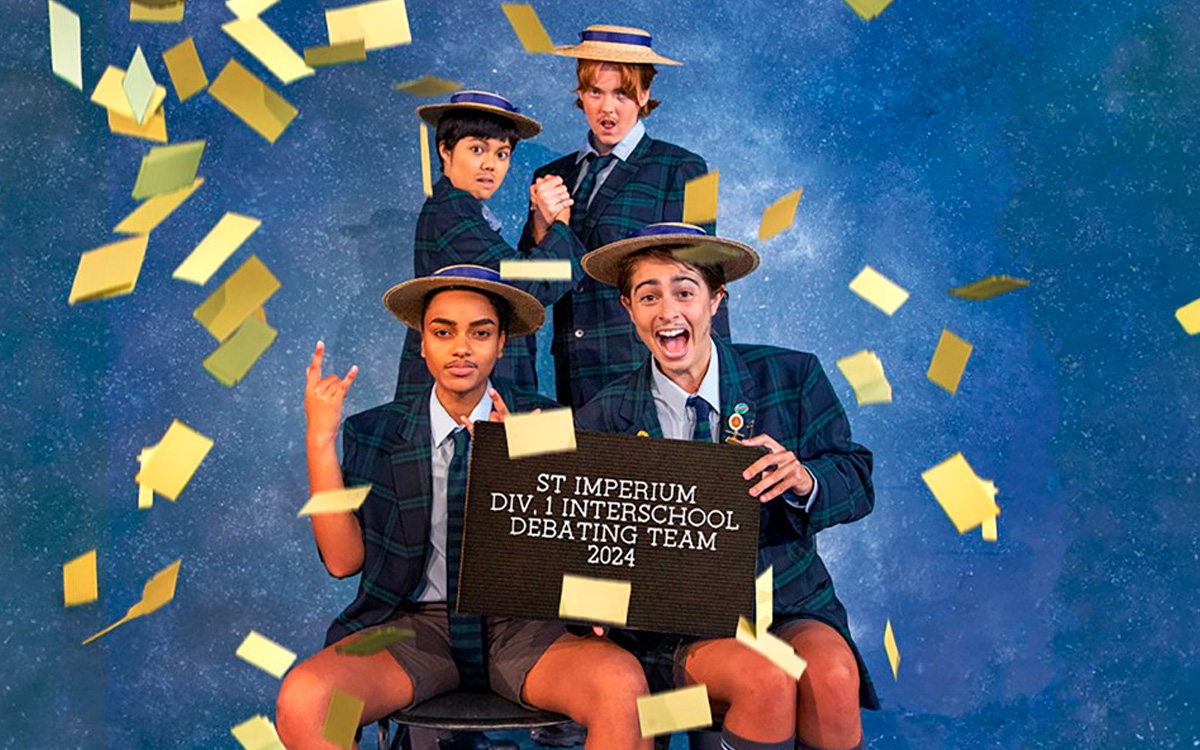
Trophy Boys played to sold out audiences at La Mama's Explorations Season, before returning for another sold-out season as part of Midsumma Festival at FortyFiveDownstairs!
"★★★★★ Hilarious, devastating and a revelation... Drag at its most satirical and incisive... The script is powerful and ferociously intelligent." - The Age
"I hope this play not only tours every private boys’ school in the country but becomes mandatory viewing for politicians and parliamentary bureaucrats."
- ArtsHub
"Holy Shit. This was INCREDIBLE. What a powerful piece of theatre. Emmanuelle Mattana is a F**KING FORCE. This script is FIRE... I left the theatre shaking with how good it was." - Clementine Ford
"An absolute tour de force of satirical genius" - Theatre Travels


